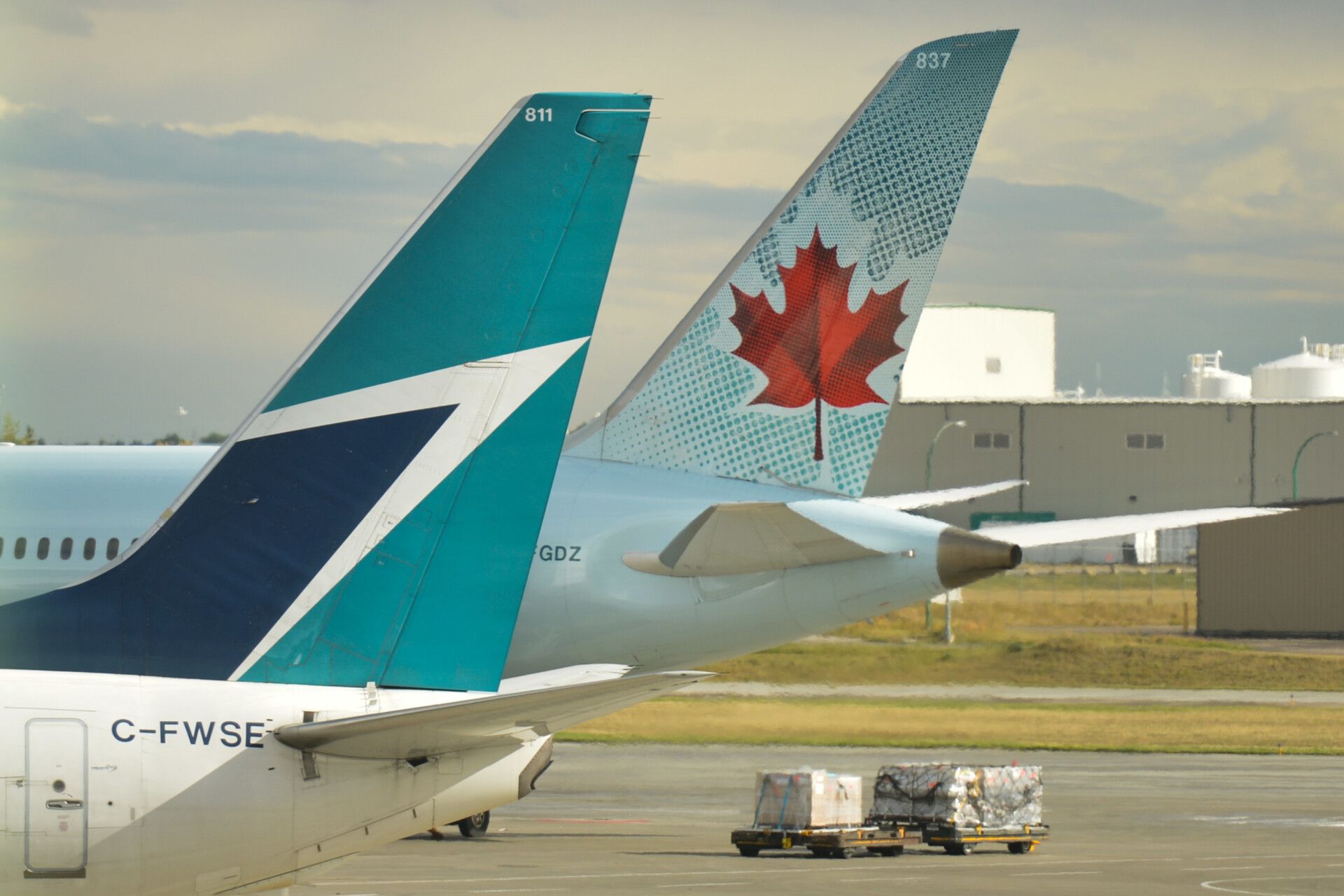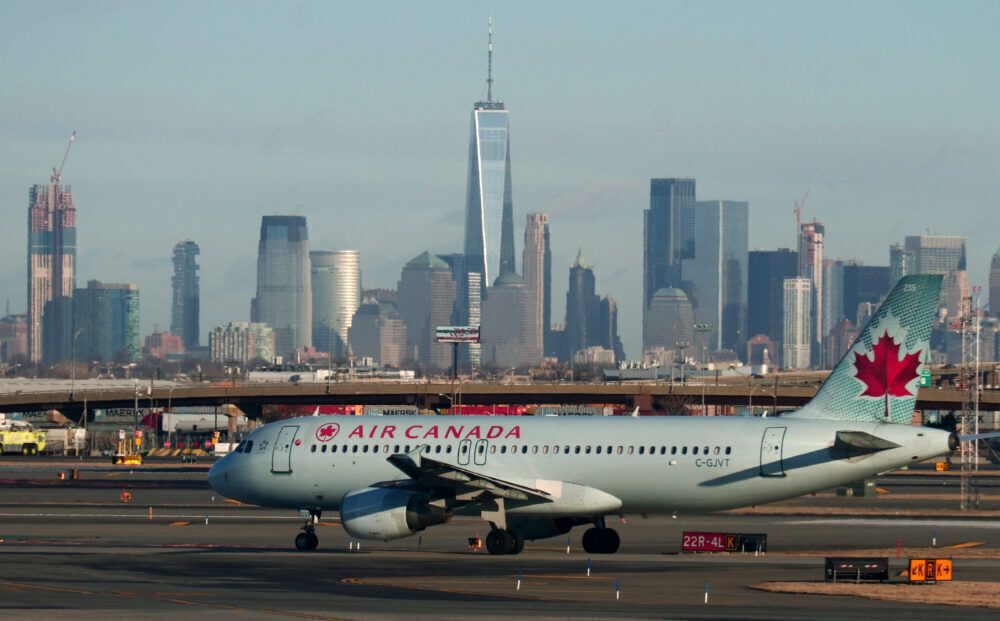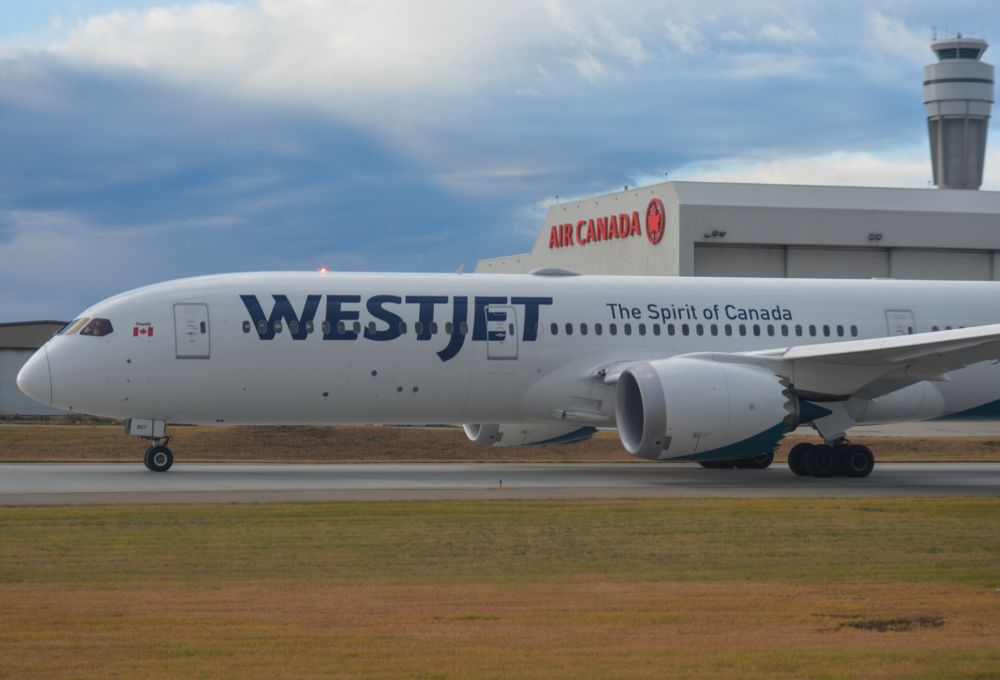Chief medical officers at three Canadian aviation powerhouses have written to provincial and national government officials to urgently help Canada's healthcare system and communities. The doctors express that airport testing is having a significant impact on the operations of frontline workers as they are unable to obtain PCR tests or lab processing capacity.
Leading professionals
Air Canada CMO Dr. Jim Chung, Toronto Pearson CMO Dr. Edward Wasser, and WestJet Airlines CMO Dr. Tammy McKnight sent the joint open letter to the government. Ultimately, they are calling for PCR testing to shift away from airports to sectors that require them more critically.
The doctors state that as Omicron continues to take its toll on society, there is an increasing discrepancy between resources allocated to asymptomatic passengers and the departments that have a critical need for the associated equipment.
Looking at the research
Notably, the doctors highlight that the robust testing efforts at airports is not having much of an impact when it comes to reducing the total case count. Therefore, it would make more sense to reallocate the resources now that the country is already dealing with case rises.
“A recent study prepared for the Manchester Airports Group found that travel testing at best delayed the peak of cases by no more than 5 days, and made total case counts only 3 per cent lower. This was because Omicron was prevalent in the communities long before it was detected as a variant of concern in South Africa. Indeed, here in Canada as well, we have learned that Omicron was present and circulating in our communities long before the first official case was declared in Canada,” the letter states.
“As every person travelling to Canada must take a PCR test prior to getting on a plane inbound to Canada and must be fully vaccinated, there is no good public health rationale for a second test upon arrival. We know that the primary concern for Omicron is in the community. By extension, the primary need for testing is in our community; not at our airports. Now is the time to act.”
Stay informed: Sign up for our daily and weekly aviation news digests.
Change required
As a result of these factors, the group of doctors has the following three requests to the Canadian government:
- The removal of mandatory airport testing on arrival. The testing equipment can then be moved to schools, communities, and healthcare systems that need them.
- The return of surveillance entry testing of international arrivals.
- Mandatory isolation for international arrivals if they test positive following a surveillance test or display symptoms. Those that are asymptomatic following a negative pre-departure test should not have to isolate.
Ongoing challenges
Canada’s aviation industry has been rocked by the conditions of the pandemic since travel restrictions were implemented in early 2020. While there were strong returns across the border in the United States as 2021 went into full swing, stringent measures kept many aircraft operated by Canadian airlines grounded for much of the year.
There were high hopes following the easing of conditions in the fall of last year. However, the emergence of Omicron caused a twist of fate for the travel industry.
For instance, last month, the government decided to drop certain exemptions for international passengers. It also lifted short trip pre-arrival test exemptions. Arrival testing was also ramped up across the board. In November, there were around 11,000 air passenger tests conducted per day. This number was scaled to over 20,000 by mid-December.
Altogether, with Omicron already rife in the country, Canadian transport medical personnel urge the need to refocus the nation’s testing approach. This move could offer considerable help to both the aviation industry and the medical sector in the current climate.
What are your thoughts about this open letter from the leading doctors in Canada's transport and tourism sector? What do you make of the overall requests from the medical professionals? Let us know what you think of the situation in the comment section.



